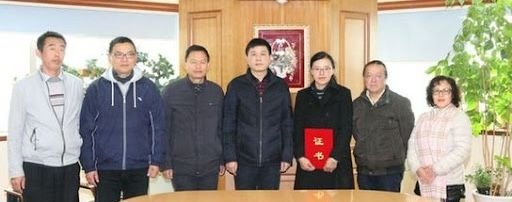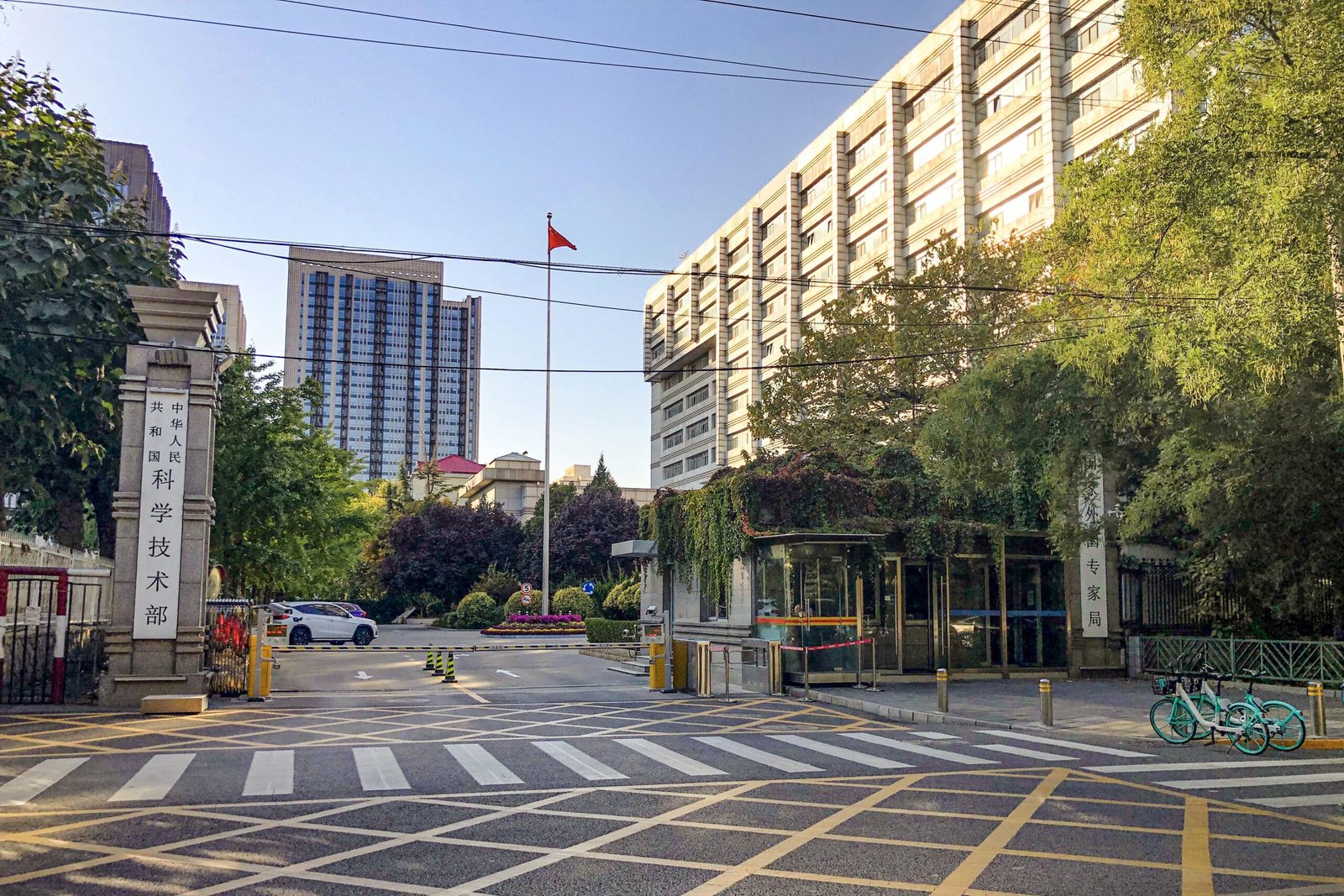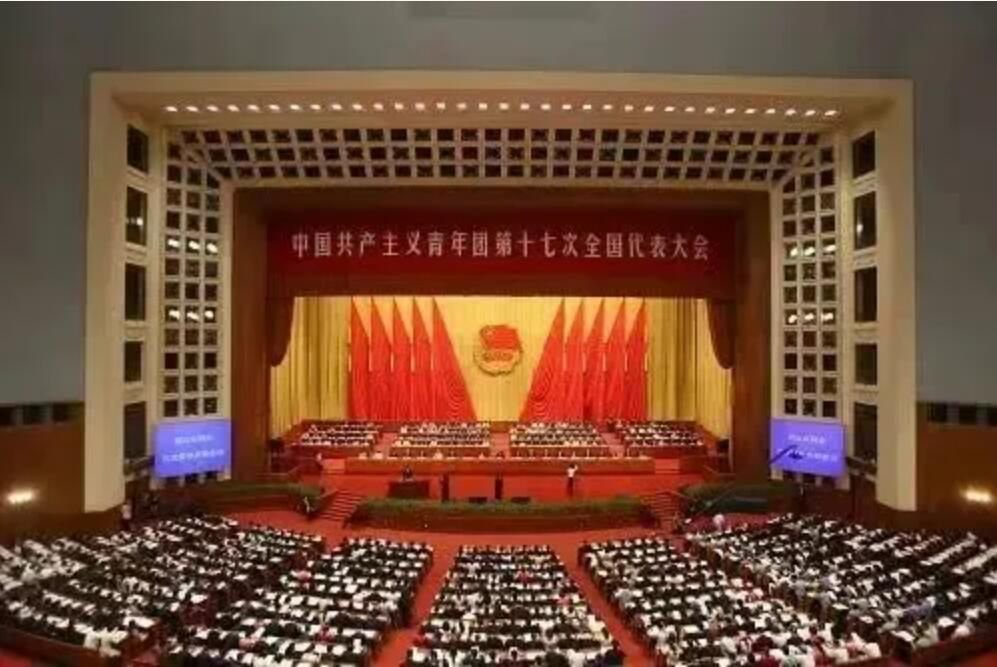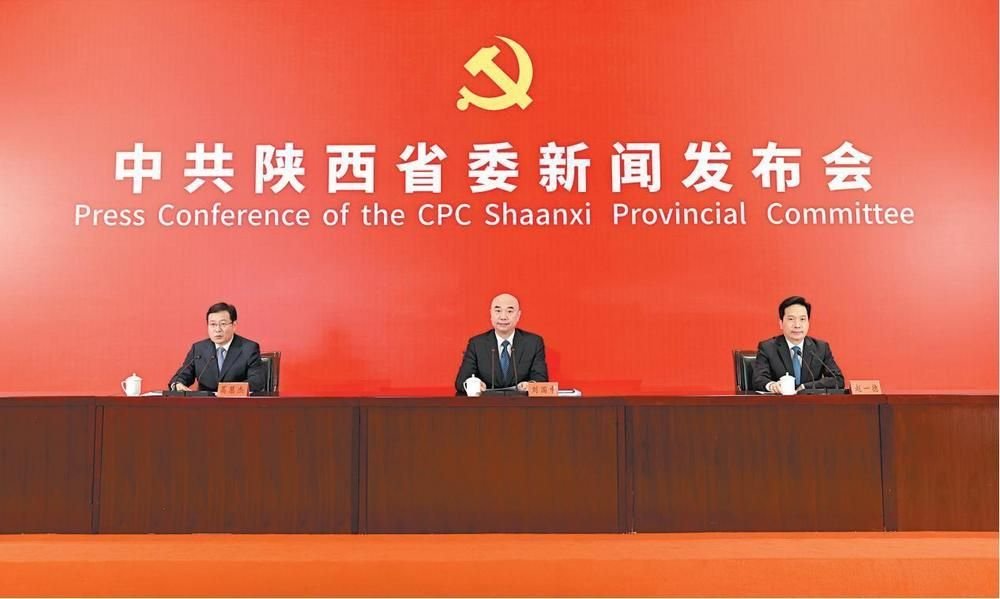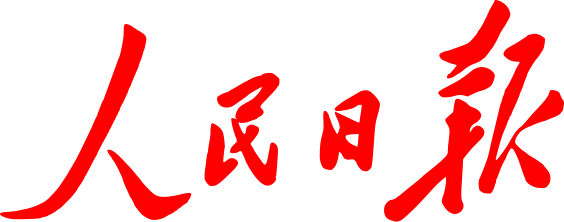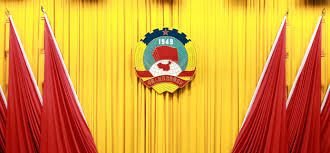Propaganda Office of the Ningxia Committee of the Chinese Communist Party
The Propaganda Office of the Ningxia Committee of the Chinese Communist Party (中共寧夏回族自治區委員會宣傳部) serves as the chief office responsible for communicating the agendas of the regional party leadership and overseeing state-run media throughout Ningxia, including direct supervision of the Ningxia Daily Media Group (寧夏日報報業集團) and other regional outlets. The office coordinates party ideological work across the autonomous region, exercising comprehensive control over news, publishing, and cultural production within Ningxia’s borders. It enforces the party’s media discipline, ensuring all local outlets maintain proper political orientation and implement public opinion guidance (輿論導向). The office maintains direct administrative authority over major media conglomerates in the region and oversees ideological compliance across newspapers, broadcasting, and digital platforms.


